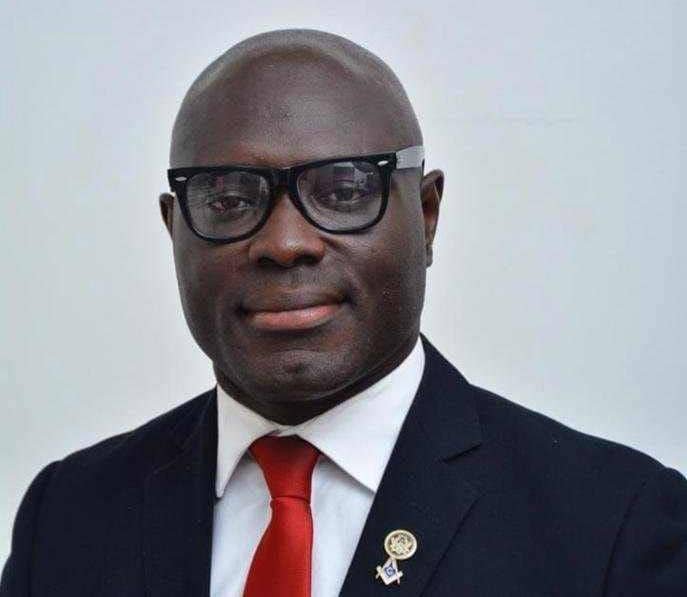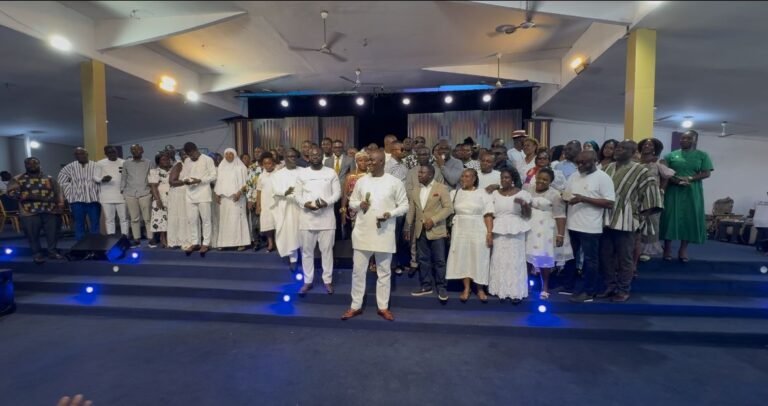
Dr. Ken Ukaoha, Economic Law expert
The Director-General of the West African Institute for Trade, Agriculture and Development (WAITAD), Ken Ukaoha, has advocated for economic issues to be at the fore in news reporting in the West African sub-region.
This is because of its potential to turn economies around, and improve the livelihoods of the citizenry in member states.
In an exclusive interview with the Daily Statesman, Dr. Ukaoha expressed dissatisfaction at the constant political discourse on the airwaves, with little or no debate on the economic benefits and impediments of trade issues in member states.
“If you look at major papers today in the whole of Africa, trade and economic related issues hardly come to the front burner. It appears that politics has taken over a major chunk of our activities, and so we make politics with everything.
“Editors appear not to be comfortable placing economic-related issues on the opening page. Most times you will see economic issues given small coverage, and when it is going to be printed, you will be hidden inside the newspapers where tiny fonts are used as well, and then you can’t even recognise the intent, purpose and implications for countries and regions including the continent. Therefore, the ultimate result is that people are now swayed toward politics,” he added.
It is in this direction that the economic law expert charged the media to “reinvent, reactivate, and rediscover” where the sub-region should be by discussing trade matters.
Way of life
Dr. Ukaoha noted that citizens of member states now think of politics as just a way of life, with few of them talking about economics.
“Few people know about how revenues are generated by their countries. Few people now know how to hold their governments accountable for how much is being realised as revenue, how much is being expended, on what projects, and for what purposes?” he indicated.
He continued: “Fewer people are now looking and evaluating the outcomes of our budgets, and you can now see that the budgeting process has become a kind of annual ritual. There are a few people who will go and find out where those projects that were budgeted in the Appropriation Act are really being implemented and constructed. So, this is my worry, and that is why we are going poorer and deeper into poverty.”
It is in this direction that he noted that “there is no sustainable development and even if there is development, I doubt but there is nothing like sustainable development Act in the whole of West Africa, therefore the media has a role to play,” he said.
He maintained that media organisations must reinvent themselves, and get back to asking questions.
“Let’s go back to bring economic issues on the front burner. Let the debate on television be on issues about economics and trade; it should be about what revenue is coming in, and what we are getting as income per capita. It should be about what is our productivity, about what should be the income of our employment status, and these are the only reasons that we will now have macroeconomic agenda for the nations to be discussed freely and fully so that attention can be called,” Dr. Ukaoha said.
“This will now compel managers of the economy to know that eyes are watching, to know that people are evaluating them and know that they owe us and our country accountability, transparency, and respect and ensure that our money works for us,” he added




